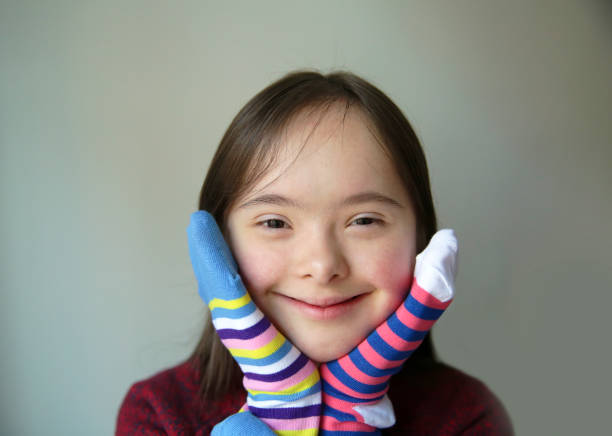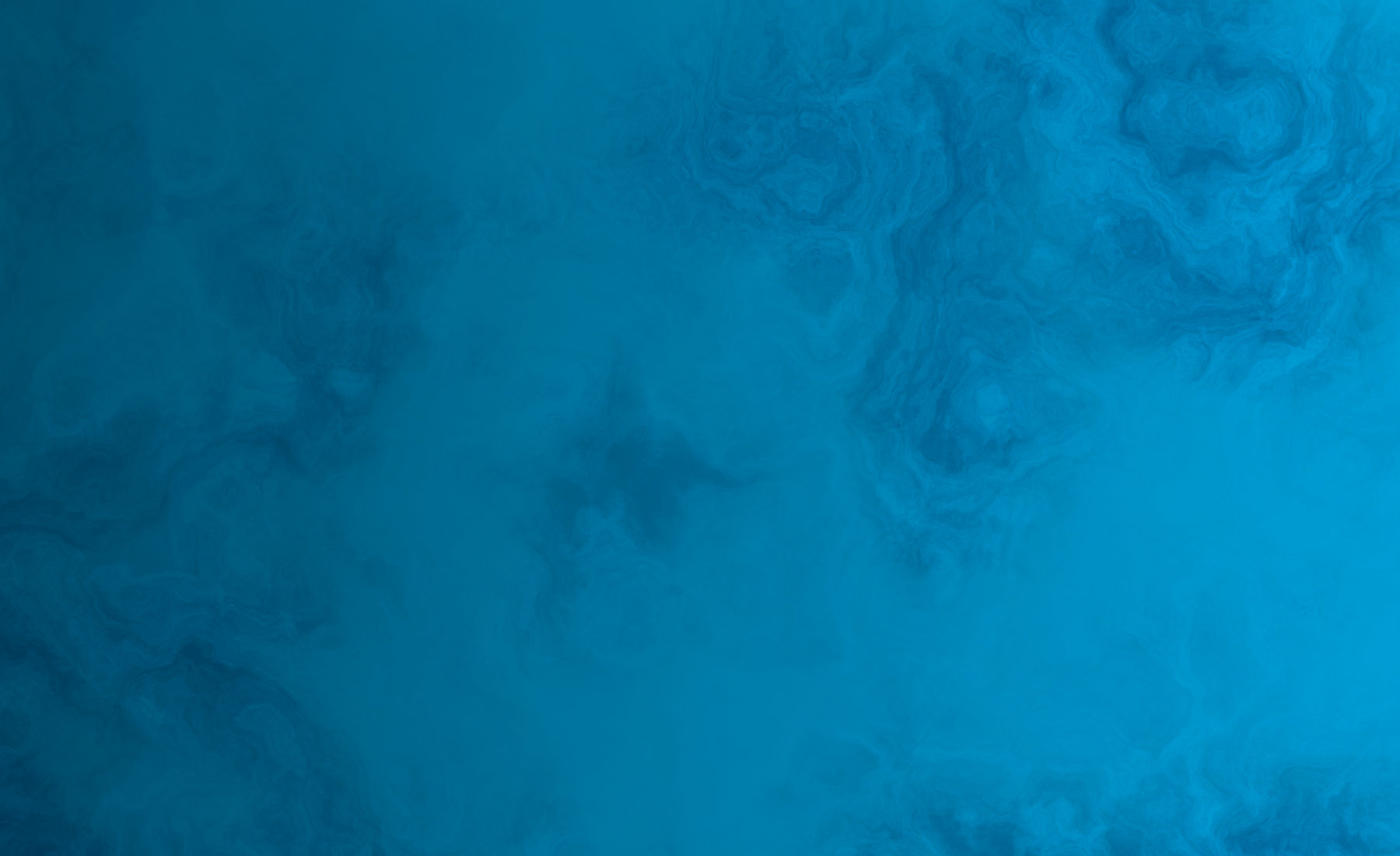“With us not for us”
About Down syndrome
Down syndrome or Trysomy 21 is a condition in which a person has an extra 21st chromosome in each body cell.
A very small percentage of people with Down syndrome have an extra copy of chromosome 21 in only some of the body’s cells and this particular condition is called mosaic Down syndrome.
Chromosome are “packages” of genes and information contained in all the body cells. They carry information, DNA, that controls what you look like and how your body and brain work and develop.
Around 1 in 700/800 babies are born with this syndrome; it occurs naturally, there is no known cause, it is a random event. Although women of any age can have a child with Down syndrome, one factor that is known to increase the risk is the age of the mother. In fact, women ages 35 and older are more likely to have a baby with Down syndrome.
Down syndrome usually causes varying degrees of intellectual and physical disability and associated medical issues, the symptoms are different in each person, and they may have different problems at different times in their lives.
People with Down syndrome often have a characteristic facial appearance that includes a flattened appearance to the face, outside corners of the eyes that point upward (upslanting palpebral fissures), small ears, a short neck, and a tongue that tends to stick out of the mouth. Many have small hands and feet and a single crease across the palms of the hands. About half of all affected children are born with a heart defect.
Their speech and language develop later and more slowly than in children without Down syndrome. Additionally, speech may be also difficult to understand.
Behavioral issues can include attention problems, obsessive/compulsive behavior, and stubbornness or tantrums. A small percentage of people with Down syndrome are also diagnosed with developmental conditions called autism spectrum disorders, which affect communication and social interaction. In addition, they often experience a gradual decline in thinking ability (cognition) as they age, usually starting around age 50. In fact down syndrome is associated with an increased risk of developing Alzheimer disease, a brain disorder that results in a gradual loss of memory, judgment, and ability to function. Approximately half of adults with Down syndrome develop Alzheimer disease.
What is World Down Syndrome Day – WDSD
World Down syndrome Day (WDSD) is a global awareness day which has been officially observed by the United Nations since 2012. The date for WDSD being the 21st day of the 3rd month, was selected to signify the uniqueness of the triplication (trisomy) of the 21st chromosome which causes Down syndrome.
The message of this year campaign “With Us Not For Us” is key to Human rights-based approach to disability. The campaign is committed to moving on from the outdated charity model of disability, where people were treated as objects of charity, deserving of pity and relying on others for support. This approach views people with disabilities as having the right to be treated fairly and have the same opportunities as everyone else, working WITH others to improve their lives.
The United Nations Convention on the Rights of Persons with Disabilities calls for full and effective participation of persons with disabilities but many organisations still exclude people with Down syndrome from taking part in their work. They take decisions For them not With them. All around the world, people with Down syndrome are treated badly. They are denied education, good health care, the chance to work and earn their own money and they are not allowed to make decisions about their own lives: their voices are not heard!
So on the 21st of March this organisation tries to create a single global voice advocating for the rights, inclusion and well being of people with Down Syndrome.

The Lots Of Socks Campaign
People around the world since 2013 are wearing colourful or striking mismatched socks to raise awareness for World Down Syndrome Day on the 21st of March. On this day, two different socks are worn to celebrate human uniqueness. Socks were selected because it’s an easy way to get people involved.
The aim of the challenge is to spread awareness about Down Syndrome, sparking a conversation with people who don’t know about this particular day and asks about the socks.
The acceptance of people with Down Syndrome by society and their opportunity to be able to meaningfully partecipate in decision-making issues affecting their lives is still not a matter of course. It is thanks to sharing information and a positive example from personal experience that each of us can break down prejudices, help others become equal members of society, and realise their dreams – to live a full life.
All you have to do is put on two mismatched socks on 21st March, take a photo, and share it on your social media with the hashtag #SockChallenge.
In this way we can spread understanding and respect for diversity together.
Please share your photos and videos on Facebook, Twitter, Instagram and TikTok using the official WDSD hashtags in your social media posts to help spread awareness this World Down Syndrome Day– #LotsOfSocks#WorldDownSyndromeDay #WithUsNotForUs #WDSD2023 #ShareTheJourney
There is also a film called “chromosomes R us” which is a short film by actors with Down syndrome explaining how trisomy 21 occurs if anyone is interested to know more about it!
https://medlineplus.gov/genetics/condition/down-syndrome/#frequency
https://www.worlddownsyndromeday.org/what-is-down-syndrome
https://pubmed.ncbi.nlm.nih.gov/32029743/
https://medlineplus.gov/genetics/condition/down-syndrome/#description
https://www.foxnews.com/lifestyle/world-down-syndrome-day-sock-tradition
https://www.awarenessdays.com/awareness-days-calendar/world-down-syndrome-day-2023/

